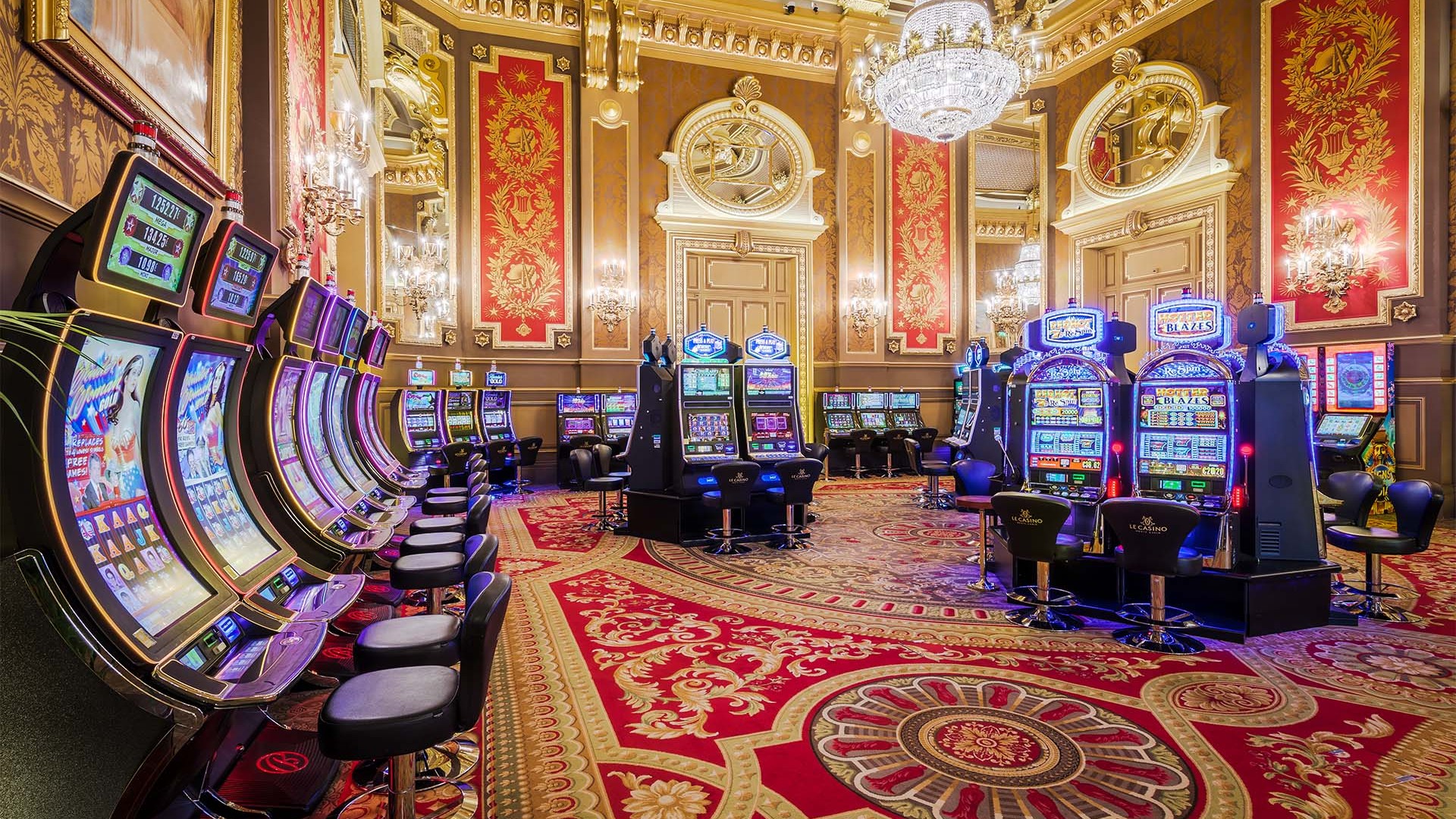
Gambling games have long been a significant aspect of human culture, offering not just entertainment but a captivating reflection of our aspirations, wishes, and fears. From the turning reels of a slot machine to the strategic gameplay of poker, these games embody a variety of human emotions and incidents. At their core, casino games are more than a chance to make profits; they are a reflection of life itself, where risk versus reward merge and luck can change in an moment.
As players convene around tables or sit in front of vibrantly illuminated machines, they take part in a ritual that transcends mere betting. These games reflect our natural desires for relationships, thrill, and the pursuit of luck. They also disclose deeper truths about human nature, such as our relationship with fate and the thrill of the unknown. In exploring casino games, we reveal not only the rules of play but also the rich tapestry of the human experience, showcasing our interconnected narratives of aspiration and reality.
The Mind Behind Gambling
Wagering is deeply rooted in the psyche of individuals, appealing to various emotions and desires. The excitement of taking risks is a fundamental aspect that draws players in, whether it’s thrill of spinning a roulette or the excitement of drawing a winning card in a poker game. This adrenaline is often compared to other forms of thrill, as the uncertainty of outcomes elicits a distinct psychological response. Players often become captivated by the possibility of winning big, leading to an irresistible draw toward gambling games.
Additionally, an essential component of the psychology behind gambling is the concept of optimism and aspiration. Participants often indulge in fantasies of financial freedom and the opulent lifestyle that can follow winning. This hope fuels their ongoing participation in casino games, as it provides a sense of purpose and the belief that a transformative win could be just one bet away. The narrative of overcoming odds and achieving success resonates with many, reinforcing their commitment to play and engage with these games.
Finally, social aspects play a significant role in gambling psychology. Gambling venues are designed to promote social interaction, where players gather to share the experience of wins and losses. This communal aspect not only enhances enjoyment but also affects behavior, as individuals often imitate the actions of others in their vicinity. The social validation found in mutual thrill can enhance the emotional experience, making casino games a reflection of not just personal desires but also shared involvement within the gambling community.
## The Dual Nature of Risk and Reward
Gambling activities embody the subtle balance between risk and gain that resonates profoundly with the human experience. The thrill of placing a wager is often accompanied by a rush of adrenaline, as players are confronted with the chance of a huge payout, yet fully aware of the risk to suffer losses. This bipartisan experience reflects a fundamental aspect of life: the choices we make often come with built-in risks, and the pursuit of reward can push us to make risky moves we might not otherwise consider. In this way, casino games mirror real-world decisions, enticing players to gamble not just their money, but also their aspirations. สล็อตเว็บตรง
The allure of jackpot prizes and winnings fuels a wave of hope, inspiring gamblers to dream of a more promising future that could emerge from a single victorious spin of the wheel or dealing of a hand. This hope can motivate individuals to engage in greater risks, urging them to extend their limits in search of economic benefit. However, just as in life, the outcomes of these risks can lead to both triumph and despair. The narratives of both big winners and those who have suffered everything at the tables demonstrate the random nature of chance and its significant impact on our lives.
Ultimately, the interaction of engaging with casino games serves as a vivid illustration of the nature of humanity. Every round played is imbued with the tension of uncertainty, as players weigh the rewards against the dangers. This interaction not only highlights the thrill that comes with betting but also exposes the vulnerabilities that come with the urge for more. As we journey through the challenges of decision-making and consequence in both the gambling world and in life, we find that the search for benefit shapes our identities and lives in significant manners.
Society and Loneliness in Casino Culture
Casino culture is a distinct mix of communal engagement and personal endeavor, reflecting the contrasts of individual experience. Players often come together around tables, experiencing in the thrill of the game, celebrating wins, and sympathizing over losses. This social aspect is essential, as it fosters a sense of community and camaraderie among diverse groups of individuals. Regular attendees to casinos may build friendships and develop routines, turning the casino into a alternative home where they feel connected to a larger community of players.
However, the attraction of gambling games can also result to isolation. As players become engrossed in the thrill of playing, they may isolate from personal connections or neglect to interact with the world outside the gaming space. For some, the pursuit of a windfall can distract from genuine relationships, leading to isolation. The situation of being among others yet experiencing solitary is not uncommon, as the attention shifts from collective fun to the individual concerns of each individual’s journey.
This interaction of society and solitude creates a vivid mosaic that defines gaming atmosphere. It highlights the intricacy of human interactions, where happiness and despair coexist. Gambling venues serve as both a sanctuary for social interaction and a platform for individual challenges, illustrating how deeply connected our yearning for companionship and the personal quest for fortune can be. In navigating this landscape, gamblers confront their own narratives—seeking both the rush of the game and the companionship of fellow players, ultimately mirroring the wider spectrum of individual experience.
